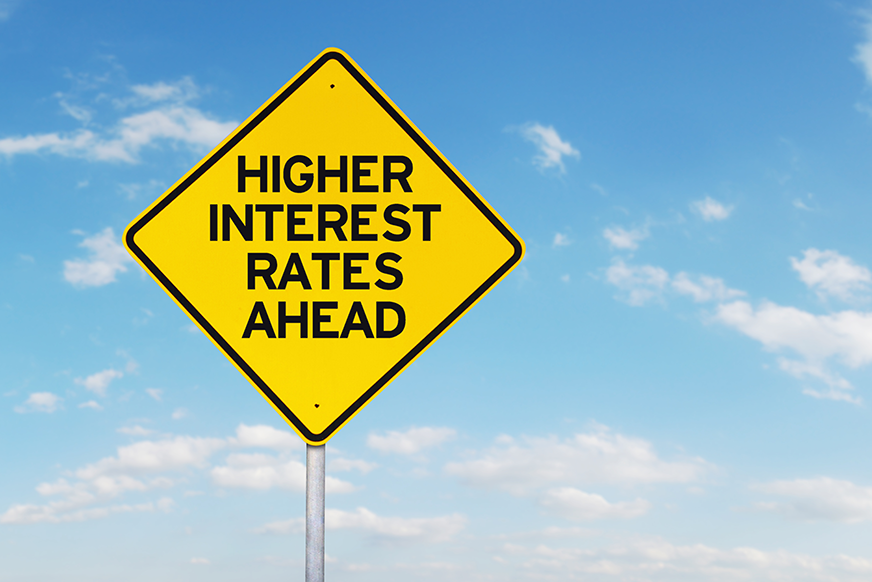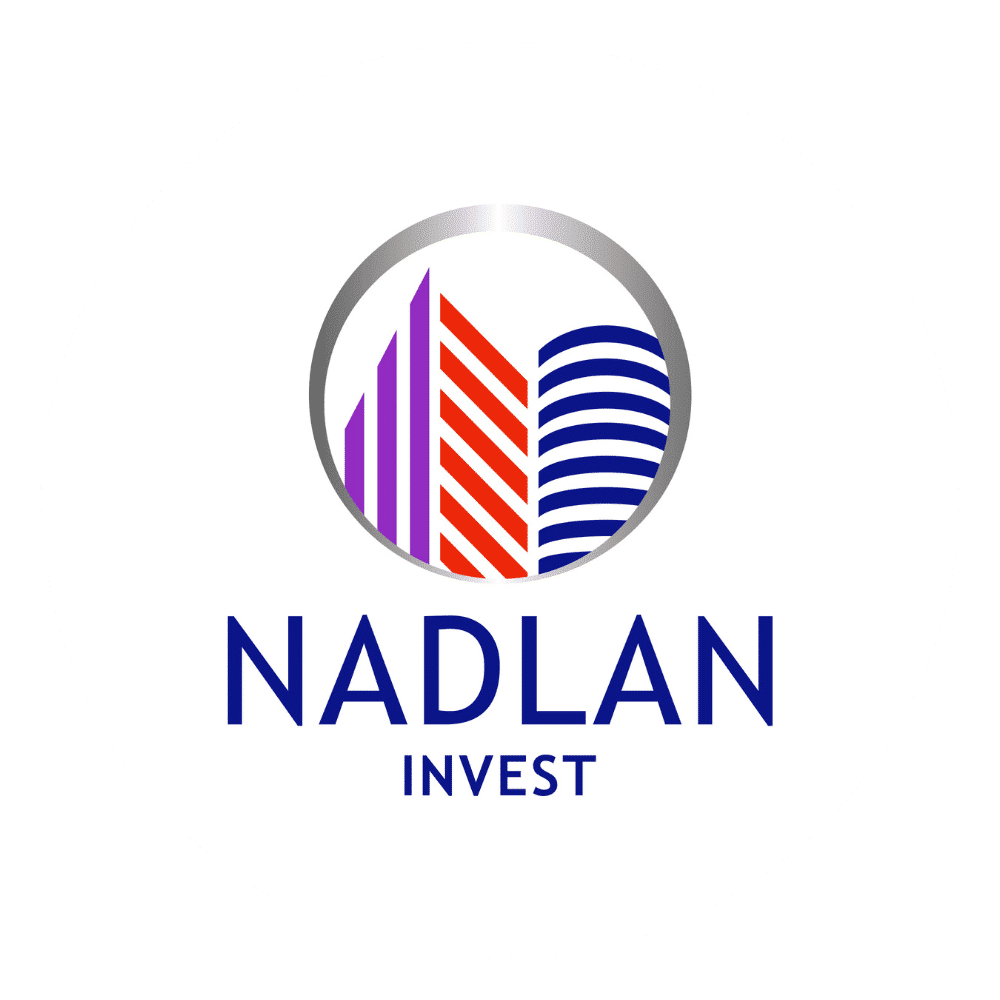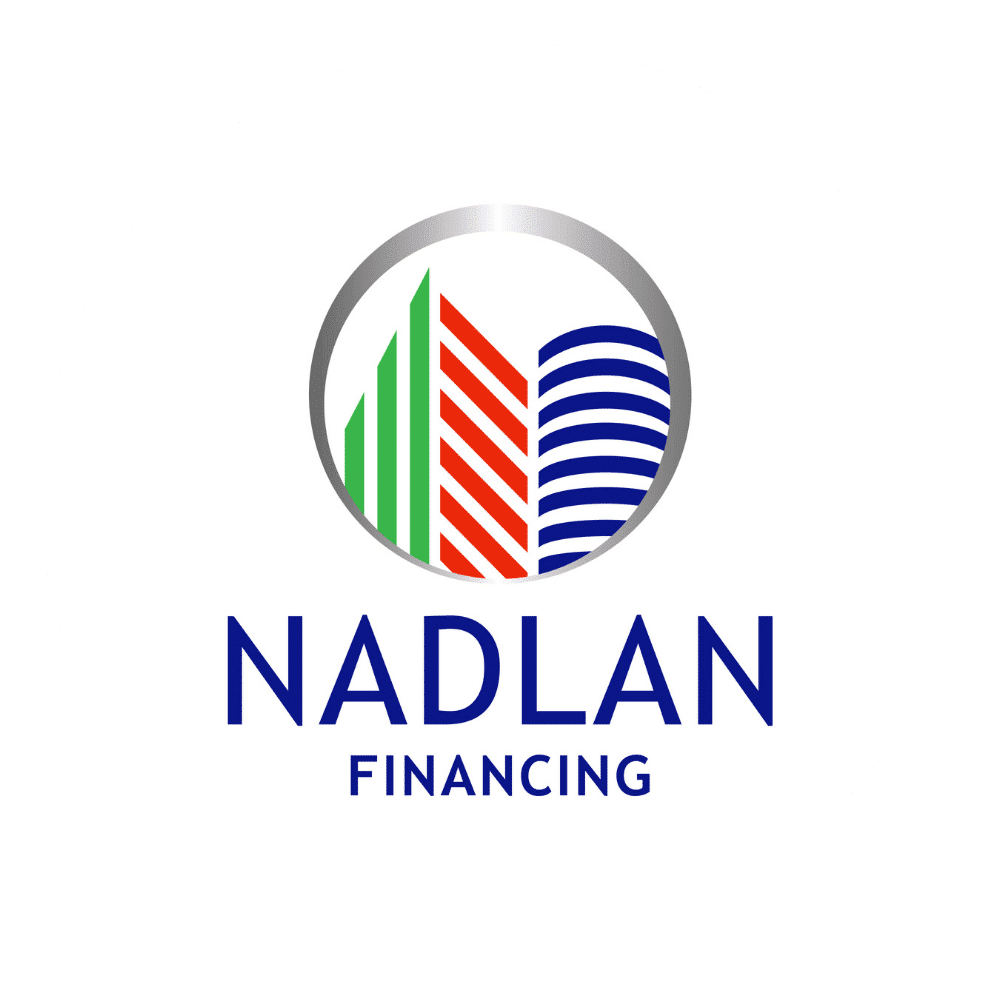"Good" interest rate - definition, explanation and tips

"Good" interest rate - definition, explanation and tips
At the request of the management, raises a self-employed post:
What is a "good" interest rate?
Interest is a function of chance, versus risk, versus alternative use.
I have $ 1. What can I do to make a profit?
I can put it in a savings account. This will give me an interest rate of between 0.5% and 1.5% without risk.
I can put it in a Certificate of Deposit (CD) for one to 5 years - it will give me a return of up to 4% - again, without risk.
I can invest in stocks, bonds, or mutual funds - here I start taking risks, but the return can reach up to 14% or more on a long-term average. In the short term, I can invest relatively solidly in the S&P 500 and get about 7%.
Now an Israeli investor comes, and offers me instead, to lend * her * my dollar, for some interest, and risk that her investment will fail, that she will stop paying me, I will have to seize the property, and get stuck with it until I can sell it - hoping I get at least the dollar Mine back - maybe with some space.
I know that if she could, she would take a conventional mortgage from a mortgage bank, with an interest of 5% -6% for 30 years. But she probably can not. Maybe this property of 5 + units? Maybe it's a commercial property? Maybe she does not yet have a credit rating, and all the bureaucracy just does not fit her?
Now she's coming to me…
What can lower the risk for me, so that I will give it a lower interest rate?
Loans can range from 6 months to 30 years. Short-term loans of 6 months to 9 years are considered bridging or hard money loans - usually will be in the range of 15% -2% interest, with 5-XNUMX points. They are particularly suitable for flips, deals that need to be closed quickly (before foreclosure for example), and properties that require a serious upgrade.
Longer term loans can fall from 5% to 9% today, and are suitable for long-term rental assets.
You can try to get a lower interest rate if you agree:
* Pay off points in advance
* Shorten the life of the loan and repay the "balloon" in 3, 5, or 10 years (or refinance the loan on terms that will be available then)
* Make payments of principal and interest, instead of interest only
* Taking a loan at a percentage lower than the value
* Add investors with more experience and possibly with a better credit rating
* Make the lender an investor and give him Equity
* Pledge another property under the same loan
* and so'
If you get an offer at a certain interest rate, you need to calculate the cash flow, and the other risks involved (can we get a new loan at the end of the period? What if the interest rates go up by then?) - if the numbers do not work, you can try to change parameters and find another loan Is to find another property, where the numbers will work.
** I am a licensed Residential Lending Agent for 1-4 residential units, and also a commercial loan broker for other types of properties, and I have lenders and business partners who can offer creative solutions in most US states - I would love to answer more questions on the subject!
The original responses to the post can be read at the bottom of the current post page on the site or in the link to a post on Facebook and of course you are invited to join the discussion
































Yos Weiss
Eyal Tropen
I sent you a private message
Thank you very much, interesting
Thank you .
Tal Saadon Noam Nahum
Thanks so much for the explanation ??
An interesting explanation.
Thank you
Wow, what a great explanation. Thank you!
Thanks .. Interesting
An excellent and detailed explanation